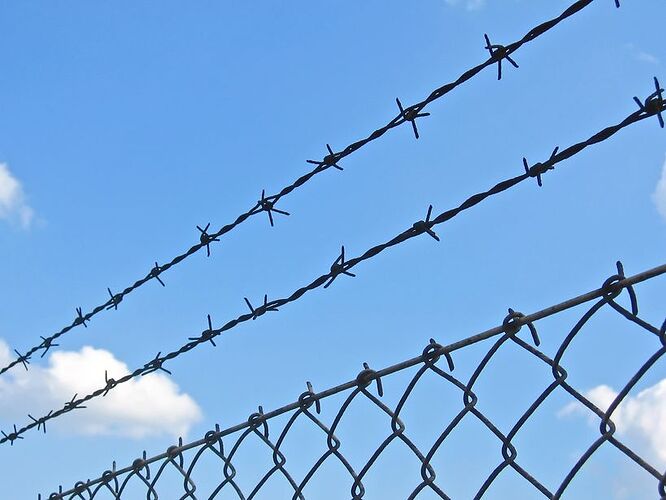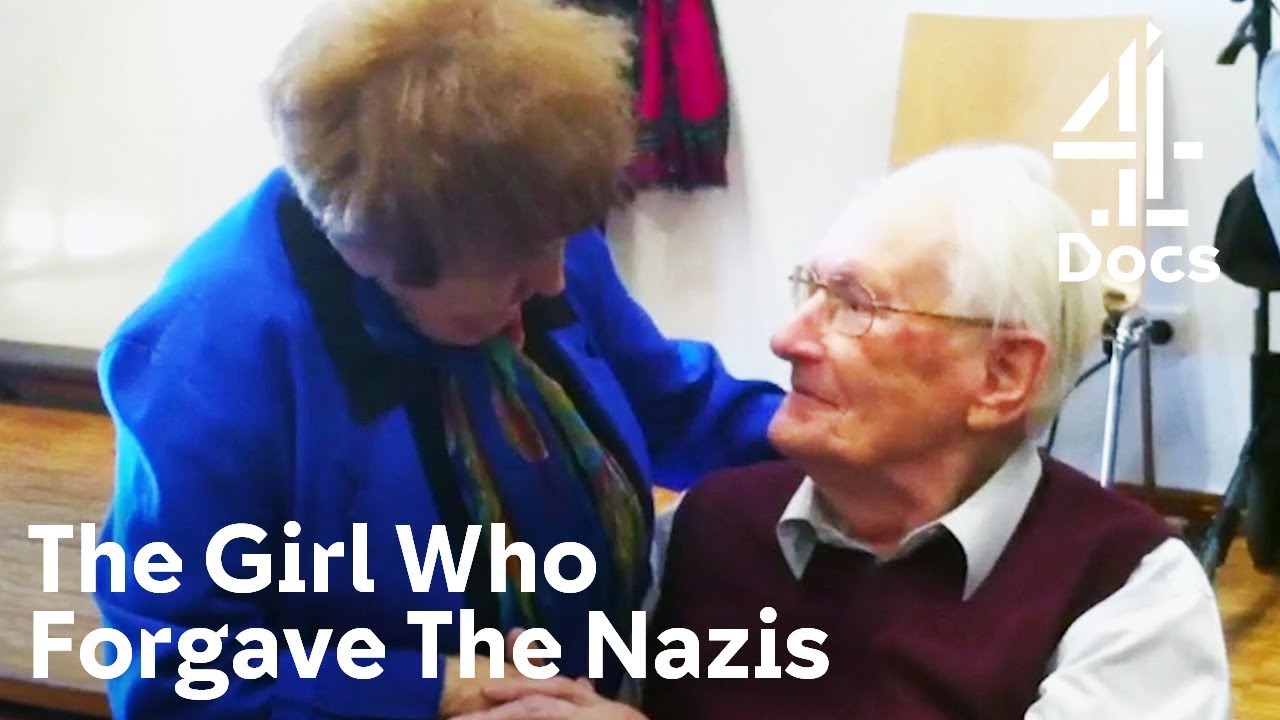Not convinced being a parent or not is entirely relevant–and no we had no kids through choice. I didn’t marry until I was 321.Took all that time to find a woman who really didn’t want kids. Real reason; I thought I might be the same kind of father as my father.
Not my idea. Came from a psychologist. I agree in that I agree that forgiveness is psychologically healthy. Didn’t say I’m very good at it because I’m not. I hold grudges.
As a child I feared my father. As a teen and adult I came to hate him and thought he was a cunt. When he was 70 and I was 41 he was diagnosed with PTSD from WW2. That made him a cunt with PTSD.
Those viscerally negative feelings were because my father was an emotionally abusive bully. Would probably have done less harm if he had beaten us.
Once , in his later years, I confronted him with his abusive treatment of his family. He simply denied it.Never happened. He didn’t remember the behaviour which deeply scarred every member of his family. He’s dead now. Seems a bit pointless holding onto resentments. I’ve managed to let go to a point.
My mother has her own issues.Mum and dad shared an inability to accept personal responsbility for anything ‘untoward’ with any of their children. Mum was the most self centered person I’ve ever knowm apart from myself
.One way mum avoided personal resposibility was by convincing herself that each of her four children have brain damage. (we don’t) She’s also dead now,so I’m doing my best to let go go.
I’ve been divorced for 28 years. Over the years I’ve forgiven my ex wife for leaving me. I wasn’t much of a husband and she wasn’t much of a wife. Realistically, pretty sure we’re each happier without the other. However, I have not been able to forgive the betrayal of trust in the way she left. Perhaps a personal flaw;a betrayal of trust is a biggie for me. I’ve only ever given friends one bit of of that cherry “Fool me once, shame on you. Fool me twice,shame on me”
The exceptions have been two other women I loved deeply. I still love one of them to bits,and haven’t seen or heard from her for ten years. .
(((((((((((((((((((((((((((((((9)))))))))))))))))))))))))))))))))))))))))))))))))))))))))))
Came across the notion that forgiveness is emotionally healthy from seeing a clip in which an elderly Holocaust survivor forgave the Nazis, specifically and generally.
Should Holocaust Survivors Forgive the Nazis?
08/05/2017 03:31 pm ET
MONIKA LASSAUD/GETTY IMAGES
Should Holocaust survivors forgive the Nazis? originally appeared on Quora - the place to gain and share knowledge, empowering people to learn from others and better understand the world.
Answer by Eva Kor, Holocaust survivor and forgiveness advocate, on Quora:
Many of the people who survived the Holocaust have the “victim mentality,” which is to me a poor me mentality with too much focus on what was done to me . They have extreme difficulty in getting rid of that feeling, that I was used as a human guinea pig, or I was used in slave labor, or I was not treated like a human being. It is understandable, of course. I was a good victim for many years. There is a lot of anger that comes with that. The question is, what does the anger do to you? Does it help you? Who are you hurting when you are angry? You are not hurting the perpetrator – you are HELPING the perpetrator by remaining the victim. You are only hurting yourself .
In my experience, anger is a seed for war . Healthy, happy people do not start wars. Some people take out their anger on their children, or on themselves. But if you look at people who forgive, they are at peace with themselves. Therefore, forgiveness is a seed for peace . When I forgave Mengele, and then all the Nazis, and then anyone who had ever hurt me, I felt a tremendous burden lifted from my shoulders. I realized that although I was liberated in 1945, I was not free until I forgave in 1995.
(((((((((((((((((((((((((((9)))))))))))))))))))))))))))))))))))))))))))
Not sure where I heard about forgiving one’s parents. Found this after a brief search. Easy to say I guess. Does seem just a bit hippy dippy new age to me…
Why you should Forgive your Parents and How to do It
By Nanice Ellis on Monday May 1st, 2017
Let Go of Your Unworthiness Wound
On the surface, forgiving your parents (or anyone for that matter) may seem insignificant, but forgiving your mother or father is actually the best thing you can do for the quality of your life. Even low-grade parental blame and resentment perpetuate a cycle of emotional pain and suffering that can negatively affect your adult relationships, finances, and overall wellbeing, ultimately preventing the love, abundance and happiness you desire and deserve.


